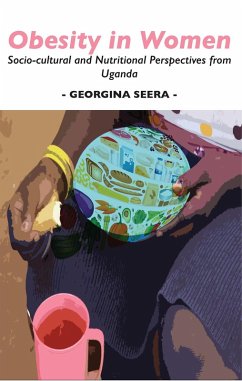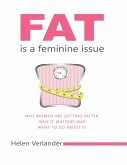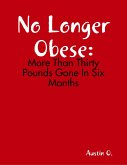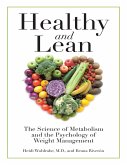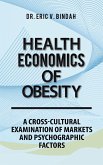The Double Burden of Malnutrition (DBM) has become a major global problem particularly in the so-called low- and middle-income countries (LMICs) because of the rapidly increasing prevalence of obesity and overweight, particularly in women ¿ as indicated by the Body Mass Index (BMI), alongside the slow decreases in the long-standing problems of hunger and childhood undernutrition. That BMI may underestimate the extent body fat and associated risks in some populations is well documented. However, the possibility for BMI to overestimate the degree of body fat and the associated health risks in some populations is not as well documented. In Uganda, and indeed in many countries in sub-Saharan Africa, screening for non-communicable disease (NCD) risk factors is not easily accessible for most people, and the prevalence of an increased health risk that is triggered by high BMI seems to be less than what is observed in other areas. This book details how women in Uganda have developed their own sense of an ideal body size which is not so small as to be associated with communicable disease, and not so fat as to put them at a risk for non-communicable disease; in a way that is different from the global standards. It further details the daily activities of women in urban Uganda as they pertain to physical activity level and energy requirement, as well as detailing how the past and present socioeconomic circumstances interact to shape women¿s food consumption practices, attitudes and beliefs; and how these might predispose women to obesity. Georgina Seera was conferred a Doctor of Area Studies degree, majoring in African Studies, from Kyoto University, Japan, in March 2021. Her research focuses on obesity and overweight in women, as well as the beliefs, attitudes, practices and daily lives of people in Uganda as they pertain to food.
Dieser Download kann aus rechtlichen Gründen nur mit Rechnungsadresse in A, D ausgeliefert werden.

